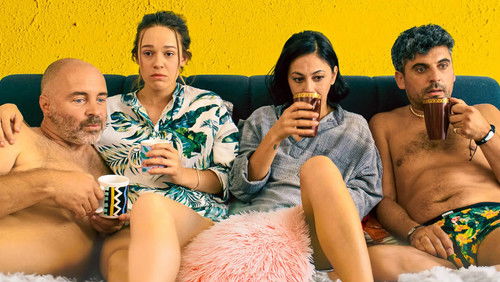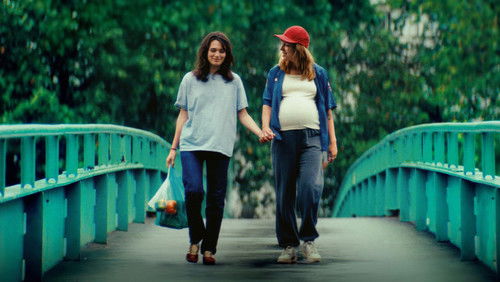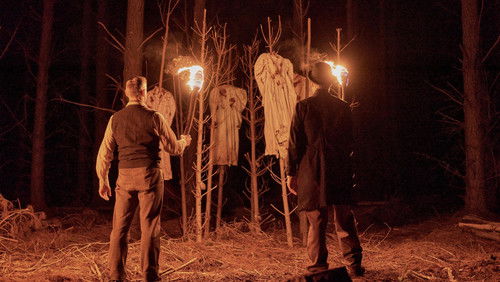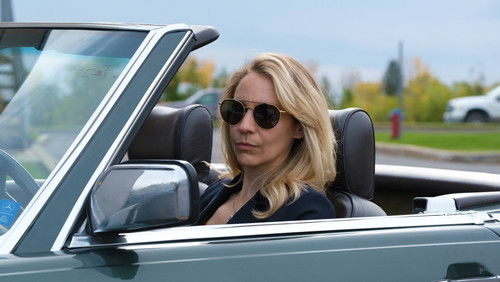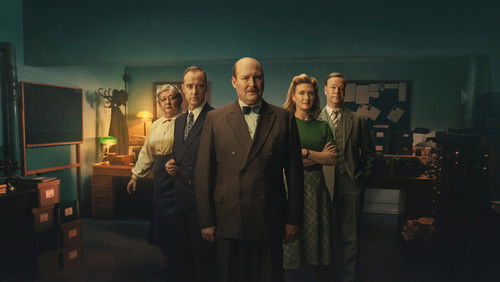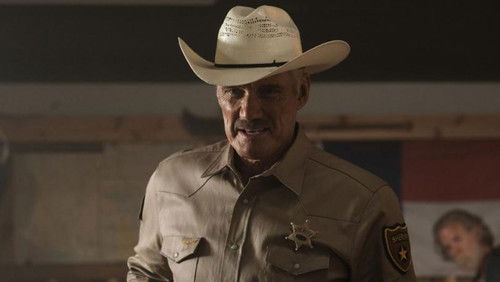La casa entre los cactus (2022)
36KLa casa entre los cactus (2022). 1h 28m
“Booking tickets for VIVA:The 29th Spanish u0026amp; Latin American Manchester Film Festival, I was sad to find that due to train strikes,I would be unable to attend the last Qu0026amp;A screening event being held (Dragonflies / Libelulas (2022)) . Taking a peak online for details about the Qu0026amp;A I would be able to go to, the main poster for this title got me really excited about the upcoming viewing, which led to me walking through the cactus towards the house.u003cbr/u003eu003cbr/u003eNote: Review contains some plot details.u003cbr/u003eu003cbr/u003eView on the film:u003cbr/u003eu003cbr/u003eRevealing in the very open, in-depth Qu0026amp;A that she joined the project where there was just months before filming was to begin, due to the producer having gotten the rights to the novel, Carlota Gonzalez-Adrio opens the house to an exquisite directing debut, via listening in on the family with an outstanding, multi- layered sound design, which soars in the chirping of birds, stray breeze through the cacti, snapping of twigs, and the family car driving down the empty gravel road, all of which emphasizes how cut off the house is from anything beyond the cacti.u003cbr/u003eu003cbr/u003ePraising them for being very supportive during the tight production time ( u0026quot;If I said we need to film with the mother in the house, he would pick up the camera and go with the flowu0026quot;) Gonzalez-Adrio u0026amp; cinematographer Kiko de la Rica closely work together to make the foundation of the family home, be built on the discreet murderous charms of the bourgeoisie, via pristine wide-shots of the family eating sausages in the cosy grounds of their household, completely oblivious to the blood they had just split on the soil.u003cbr/u003eu003cbr/u003eSlicing open a slow-burn Thriller atmosphere, Gonzalez-Adrio greets the drifter with jagged hand-held shots through the house and splinters of crisp, evil under the sun light coming from the windows, which Gonzalez-Adrio stylishly shatters with whip-pans landing on the drifter becoming a less then welcomed guest.u003cbr/u003eu003cbr/u003ePresenting an image on his arrival as a complete outsider, Ricardo Gomez gives a wonderful performance as the drifter, who is initially given by Gomez a rugged, naive innocence as he attempts to gain the trust of the family, until Gomez springs out with a urgency his cactus spines, which are driven into revealing family secrets.u003cbr/u003eu003cbr/u003eHolding court at home as the husband (played with a sharp abrasive gruffness by Daniel Grao) drives away to work on the lone road, Ariadna Gil gives a terrific performance as Rosa, whose care-free, welcoming manner is destroyed by Gil with spikes, as Rosa attempts to preserve the facade image of her perfect bourgeoisie family.u003cbr/u003eu003cbr/u003eOriginally starting as a close adaptation of the novel, but gradually departing from these roots, with Gonzalez-Adrio saying at the Qu0026amp;A that u0026quot;Everything changed (from the novel) did not make a lot of sense to him (the author. )u0026quot;u003cbr/u003eu003cbr/u003eThe alterations by Gonzalez-Adrio to the script by novelist Paul Pen, results in superb, restrained psychological anxiety, thanks to Gonzalez-Adrio keeping the ambiguous nature of the (from the outside) family who are living the good life, boiling away, (with Gonzalez-Adrio cutting from the script a violent act committed by the mum, that was straight from the novel) as the drifting Neo-Noir loner sketches out chilling secrets which lay at the heart of the family, until his pencil snaps, and is left in the family plot.”



